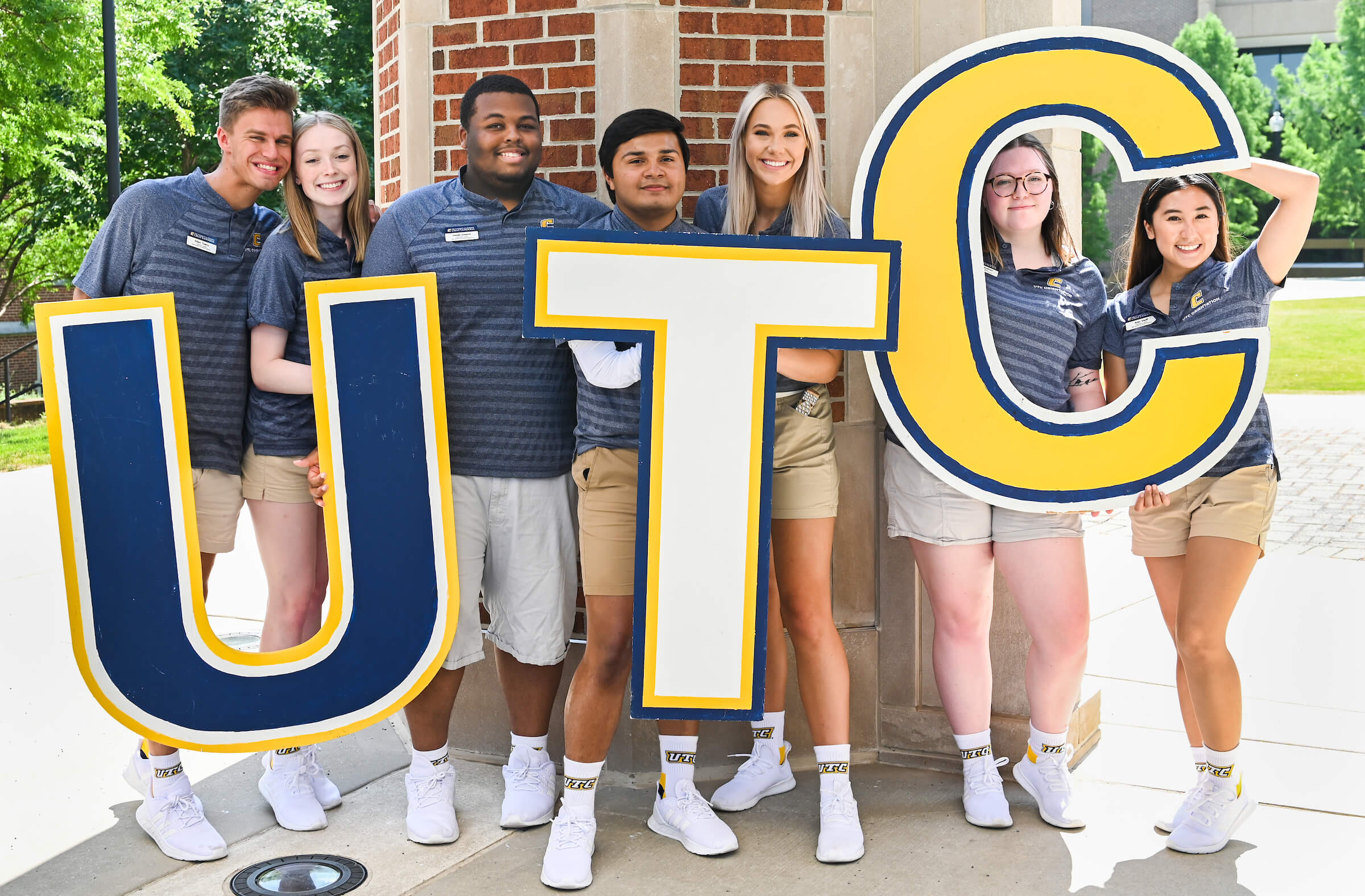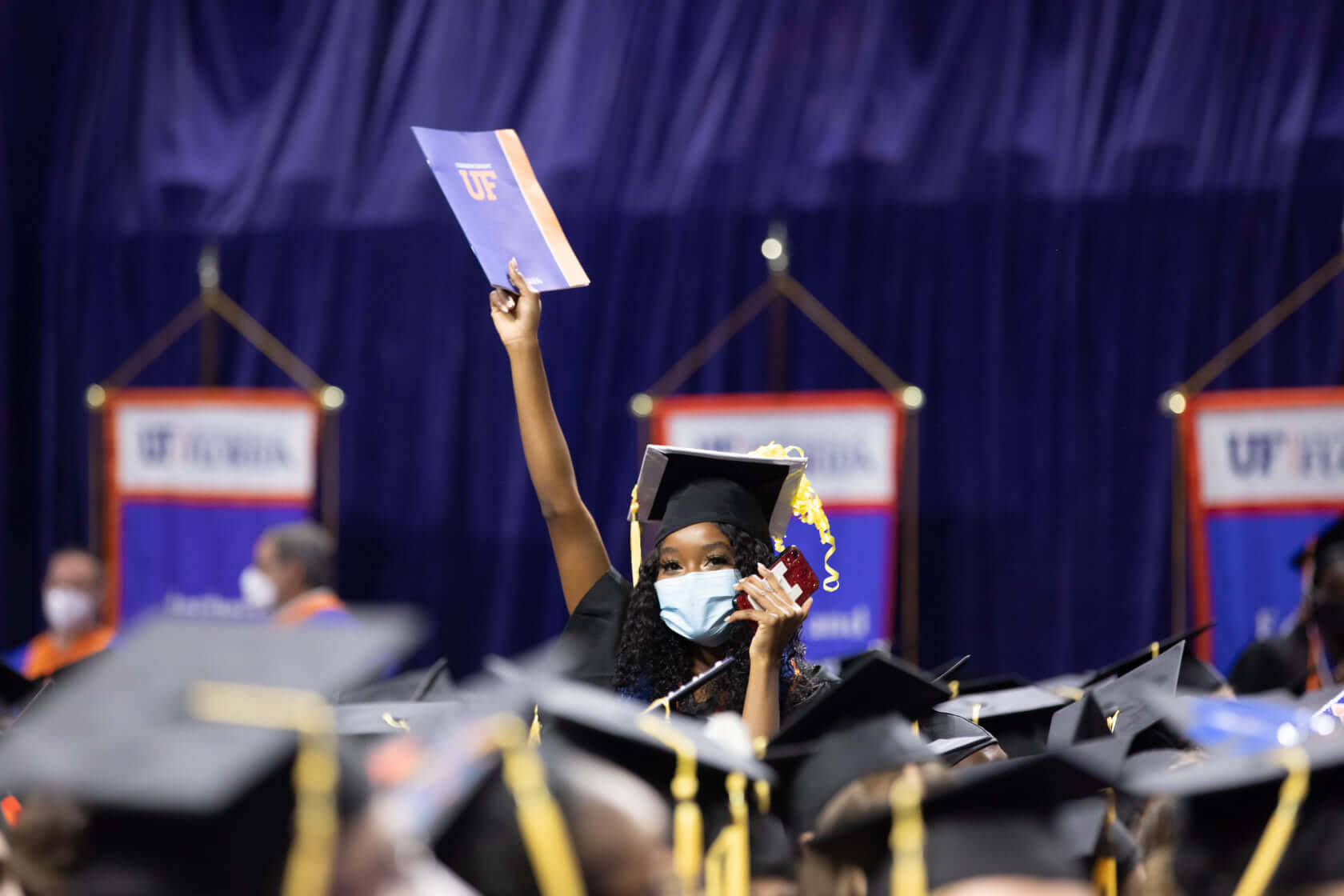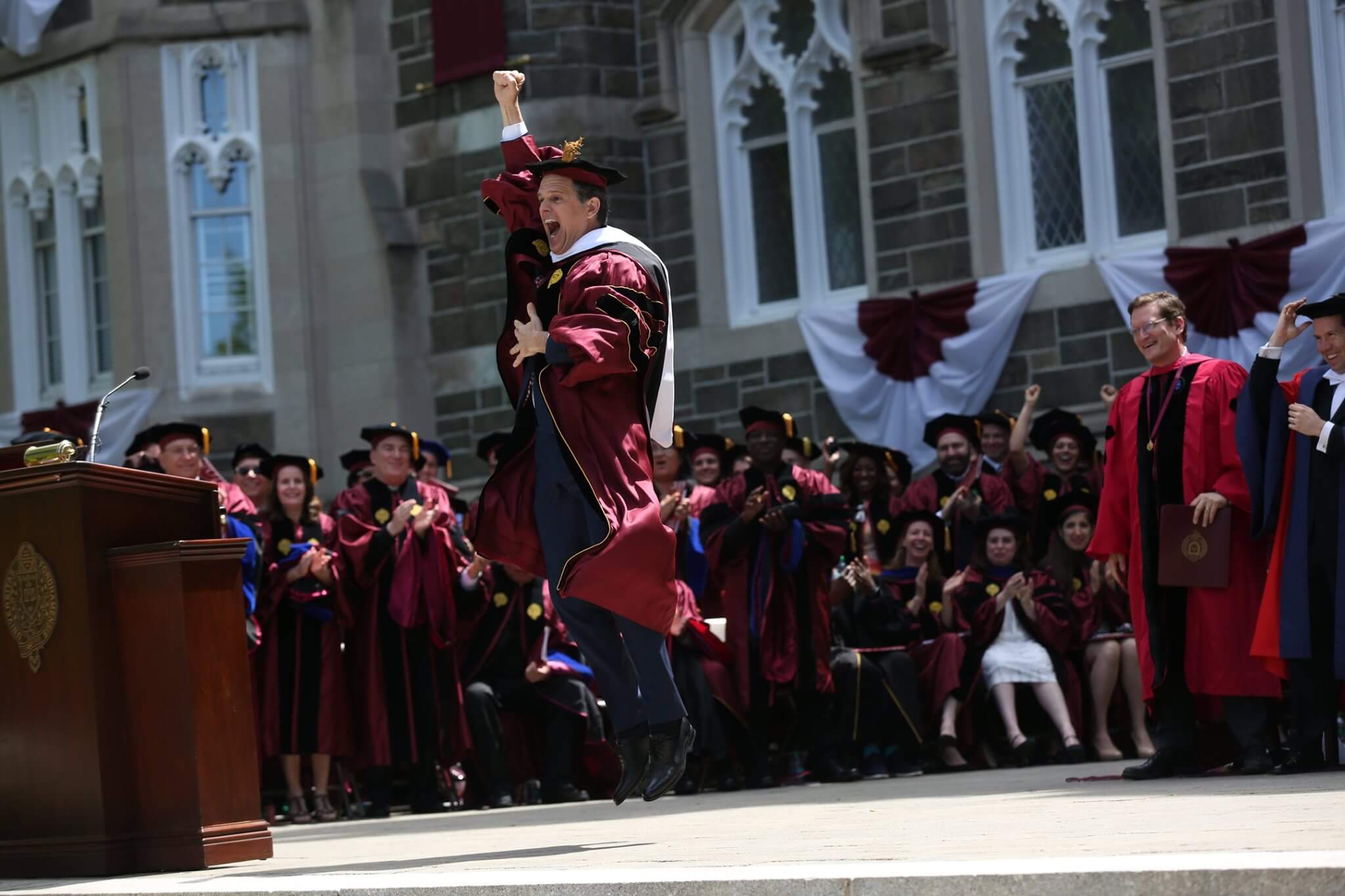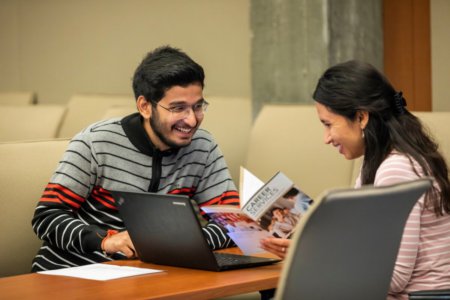
Since 1947, when the transistor was successfully demonstrated at Bell Laboratories, the world has experienced a data boom. It has achieved unprecedented computing power and other advancements in technologies such as mobile communications, transportation, genetics, medicine and space exploration.
By 1996, we could produce, alter and keep information beyond just paper. Digital storage, now cost-effective, has only grown more diverse since.
Today, our smartphones are practically an extension of our arms and we cannot work without laptops, generating and transmitting 59 zettabytes — the equivalent of 59 trillion gigabytes — in 2020.
For businesses and organisations, there has been no point in history when there has been so much information to know about customers, marketing as well as product and service development. A Bloomberg Businessweek Research Services survey found nearly 97% of respondents say their companies have adopted analytics.
If you plan to join this explosive field, you’ll need a qualification from a respected institution such as these below:
The University of Tennessee at Chattanooga

Source: The University of Tennessee at Chattanooga
If you seek a future-forward & high-quality data analytics education in a thriving, innovative city surrounded by scenic mountains, rivers and lakes, head to The University of Tennessee at Chattanooga. Located at the centre of the region’s technology corridor, the university is home to a Master of Science in Data Analytics (MSDA) programme that nurtures today’s students into tomorrow’s experts who possess the business and technical knowledge to help organisations make better business decisions by collecting, analyzing and interpreting relevant internal and external data.
Students in this joint computer science and business programme can expect to reap many benefits from the collaboration between The University of Tennessee at Chattanooga’s Gary W. Rollins College of Business and College of Engineering and Computer Science. This STEM-designated programme draws on the faculty expertise of both colleges and its students can choose from a computer science or business track. Students also will learn relevant skills and knowledge from a programme shaped by the insights of its corporate advisory board, which includes analytics leaders from some of the region’s largest companies.
At The University of Tennessee at Chattanooga, learning does not end at the classroom door. The university and the MSDA programme are strongly connected to the region’s business community which includes companies in Chattanooga, Huntsville, Birmingham, Atlanta and Nashville, as well as large U.S. and international companies such as Amazon, Volkswagen, Delta and Nissan. This translates to customized opportunities — such as internships, company practicum projects and networking events – resulting in strong employer demand and high-paying jobs for graduates.
Beyond academics, the city of Chattanooga offers the fastest internet service in the hemisphere and a growing downtown. Just a short drive away are two major cities — “New York of the South” Atlanta and “Music City” Nashville. With The University of Tennessee at Chattanooga, you’ll achieve personal and professional growth, with plenty of fun throughout your MSDA journey.
(UTC is an EEO/AA/Titles VI and IX/Section 504/ADA/ADEA institution.)
University of Florida

The University of Florida offers a Data Science programme that fuses combines computer science (programming, databases, and algorithms) and statistical methodology. Source: University of Florida Facebook
The University of Florida’s 2,000-acre sustainable campus is home to some of the nation’s top academics, attracting over US$900 million in research each year and fostering the uniquely collaborative environment that transforms potential into actual results.
At the College of Liberal Arts and Sciences, the largest college on campus, you’ll find more than 10,000 undergraduate students pursuing a variety of disciplines. Over 40 majors and 49 minors are offered here, including a Data Science programme that fuses combines computer science (programming, databases, and algorithms) and statistical methodology.
Both have strong mathematical foundations to apply to diverse areas in ethical ways. As an undergraduate, you’ll forge an intellectual foundation from this well-rounded and comprehensive education designed for an increasingly technological and rapidly changing society.
Undergraduate students who qualify academically can get both a bachelor’s and master’s degree through the Combination Degree programme. This means they get to take graduate courses throughout the junior and senior undergraduate years.
UF graduates are ready to work in the increasing digitisation and networking of society and in many areas, including business, economics, medicine, epidemiology, agriculture, environmental sciences, sports, and all aspects of government.
Fordham University

Fordham University offers a part-time and full-time Master of Science in Business Analytics. Source: Fordham University Facebook
Wisdom, experience, morality, critical thinking, creative problem-solving define Fordham University graduates. The school has one mission: to foster the intellectual, moral and religious development of its students and prepare them for leadership in a global society. This is achieved through their rigorous curriculum, dedicated faculty members and multinational society.
Fordham academics are boosted by its ecosystem of innovation. At the Gabelli School of Business, students choose from undergraduate or postgraduate programmes that develop leaders poised to create opportunity in any environment.
Across programmes, the goal remains the same: to broaden minds and advance careers. Another contributing factor to outstanding outcomes is immersion. Through Graduate Student Organisations, Fordham’s business students make friends, have fun, and build their résumés — enjoying events, club site visits, and leadership opportunities.
The university offers a Master of Science in Business Analytics (MSBA) that provides the analytics and data science skills for students to be competitive in the 21st-century workplace.
Students can choose between an accelerated, one-year full-time programme or a part-time programme. The latter spreads over a longer time frame, such as two years, so professionals don’t have to leave their job while they pursue a degree.
The curriculum is flexible, allowing students to curate a programme that meets their goals and provides the depth of knowledge and skills a potential employer will value. They develop T-shaped skills – a depth of technology hard skills and breadth of communication and soft skills. There is an option of a joint MSBA-MSIT programme too.
All core courses include a real-world project. There are also experiential learning opportunities with the Centre for Digital Transformation and two research labs – the Design Lab and the AI Lab.
*Some of the schools featured in this article are commercial partners of Study International









